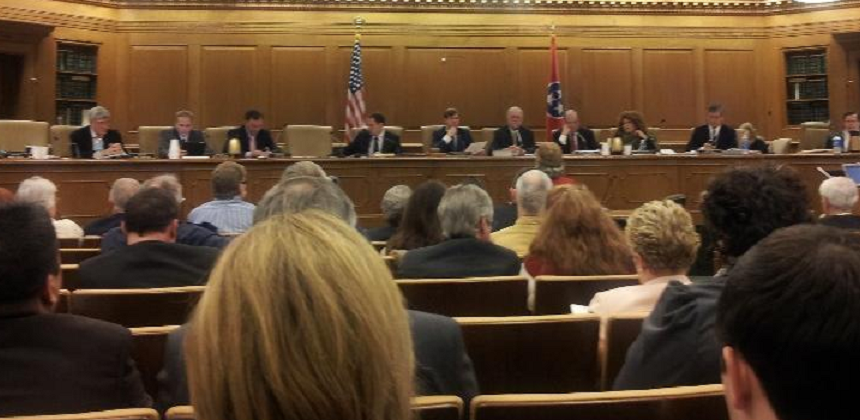An interesting thing happened at the March 11, 2015 meeting of the Clementon Housing Authority board of commissioners. The vice chair of the board got up to speak “as a member of the public” during the public comment portion of the meeting.
The topic was Community Development Block Grant money, for which the Authority may be eligible toward the purchase of a new generator. Wearing his public hat, the vice chair took the broad view that there are better uses of the money elsewhere in the borough – i.e., as an offset to the property tax levy.
That raises a very interesting question besides what the role of a commissioner is. That is, who is “the public” when it comes to public comments? The Open Public Meetings Act (OPMA) doesn’t address it, but should “the public” include an official who is a sitting member of the governmental body being addressed?
Board or committee members don’t need a special opportunity to speak like public attendees do. Generally, officials can speak as much as they like, though at the discretion of the chairperson, who runs the meeting and keeps order.
Consider, too, that there are often time limitations on public comment – a few minutes per speaker and sometimes a maximum amount of time for all speakers combined. If sitting board members are allowed to stand on the other side of the dais to speak during the public comment period, they could theoretically use up all the time allotted for public comment, preventing real public attendees from having a turn.
NJFOG officer John Paff said he’s seen this sort of thing before. He said, for example, an official who recuses from a vote and does not participate in the official discussion on it may want to express an opinion during public comment. Paff questions, though, if it is appropriate for an official who recuses to influence decision-making at any point during the meeting on a matter which is the subject of the conflict.
The vice chair of the Clementon Housing Authority had no such conflict preventing his participation during board discussion on March 11th. He just chose to switch hats and comment also as a tax-paying member of the public.
While the OPMA doesn’t address this situation, it also doesn’t require public bodies other than school boards or municipal governing bodies to hold a public comment period at meetings (N.J.S.A. 10:4-12.a.). Many other public entities do, of course, as a matter of courtesy.

